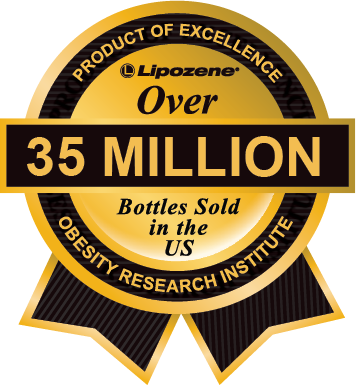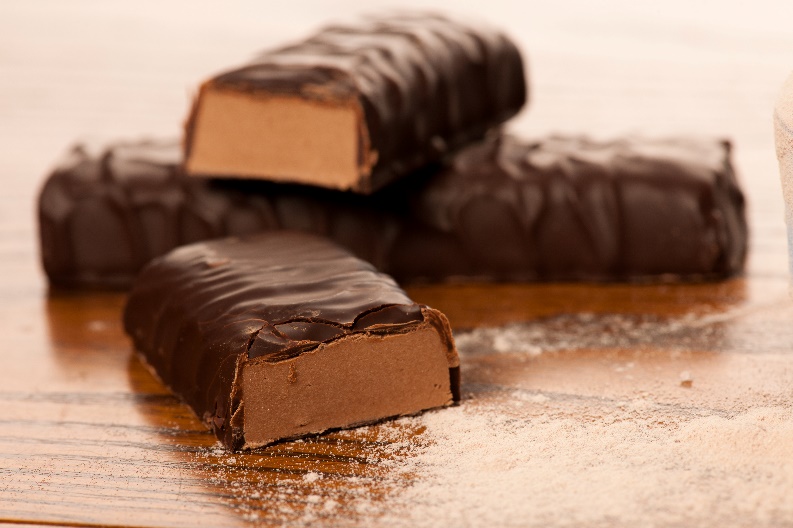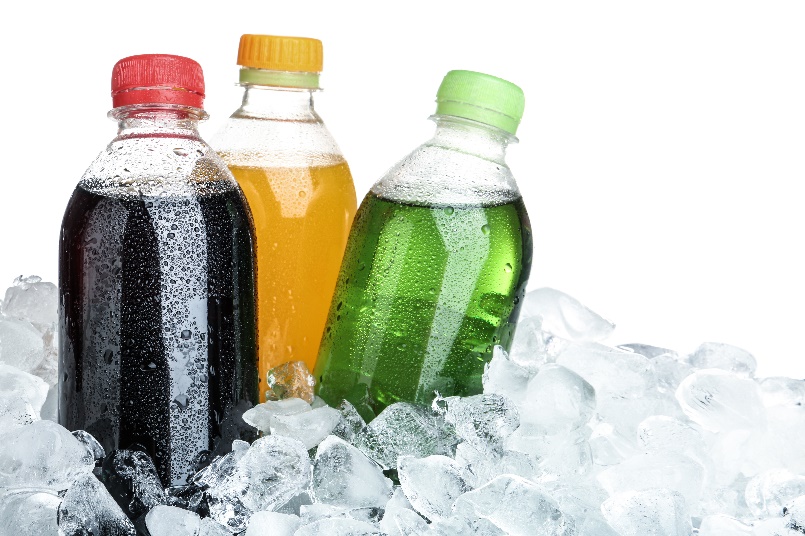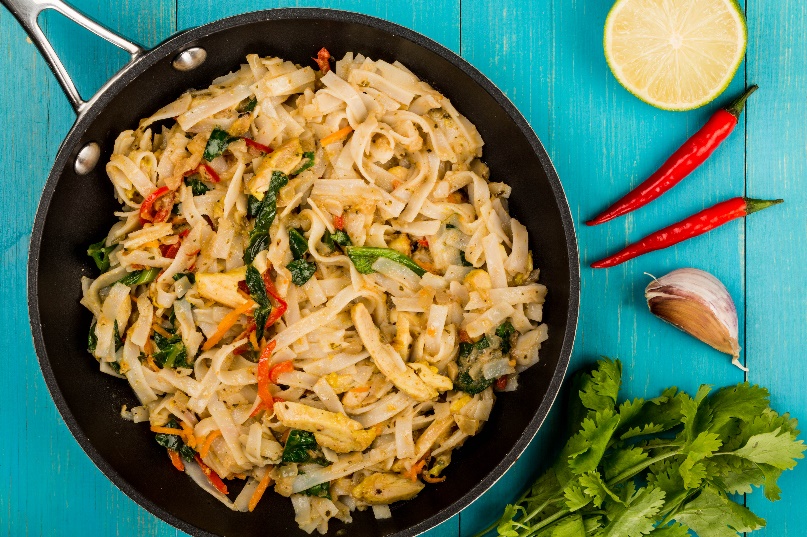




What you eat in the hours before you exercise can dramatically influence the quality of your workout and the progress you make. It is of utmost importance to fuel yourself before any type of physical activity, however, some foods may do more harm than good. This article will uncover what you should avoid eating pre-workout, and trust us, some of these forbidden foods may surprise you.

You’ve probably never been told to NOT eat your vegetables, so enjoy this precious moment in time. Vegetables like broccoli and cabbage are rich in sulfur and can cause bloating and stomach discomfort. Additionally, dark, leafy greens like spinach, kale, mustard greens and Swiss chard contain high amounts of fiber. They can be difficult to digest and may also lead to bloating. While vegetables have their many benefits, preparing for a workout is one excuse to leave them off your plate.

Sorry hummus connoisseurs, legumes are filled with fiber and carbs that may induce bloating and abdominal discomfort. Foods rich in fiber can also take longer for the body to digest, creating gastrointestinal distress. If you want to avoid having cramps and a bloated belly during your workout, leave the beans behind until after you train.

Many fitness routines are accompanied by the habitual consumption of protein bars. While some are nutritious, it’s common to pick one up that advertises 20g of protein, only to overlook the fact that it has excess amounts of added sugar. Too much sugar may cause you to crash during your workout.Additionally, although a small amount of protein is helpful in keeping your muscles fueled throughout a training session, it’s not near the amount that is needed after a workout. It’s most often best to consume protein bars and shakes post-workout when your body is repairing the tears in your muscle fiber, working towards the results you want.

If you’re thinking alcohol and soda, your mind is in the right place.More often than not, carbonated drinks are filled with added sugar. The combination of carbonation and sugar can cause stomach cramps, nausea and lead to a sugar crash mid-workout. Even if your drink of choice is a zero-calorie, zero-sugar drink, think again. Carbonated drinks have acidic pH, which means they’re not only bad for your teeth, but may also cause stomach discomfort. Similarly, although it may sound like a fun way to make your workout a bit more exciting, consuming alcohol before you exercise is not only dangerous, but may also dehydrate the body and inhibit fat burn. So, save that boozy brunch for after your workout.

You may have heard that eating dairy, like yogurt, before your workout is an effective way to provide the body with enough protein to prevent muscle breakdown. Although this may be true, it may also be an effective way to feel lethargic, increase gassiness and bloating, and increase the acidity of your stomach. If you’re a cheese lover wait until after your workout to indulge in a creamy concoction of comfort.

Avocados have had more than their 15 minutes of fame, and their widespread adoration seems to keep on growing. Some people don’t know that avocados contain a lot of fat. It’s good fat, but that doesn’t change the fact that foods with a high fat content take longer to digest and stay in the stomach for longer periods of time. This can lead to cramping and stomach pains. So, as delicious and trendy as they may be, avocados are not a friendly pre-workout snack.

Although it’s a common perception that spicy foods help you burn more calories, they may also stimulate the digestive system and can often lead to indigestion, heartburn, and cramping. If you want to avoid having to cut your workout short, you’ll need to resist the temptation of that Pad Thai.

It’s a controversial topic but working out on an empty stomach won’t do you any good. Not only may you feel miserable and lethargic, but your muscles may also be deprived of glycogen which can cause your insulin levels to drop.
In order to fully benefit from your workout and optimize the effort you put in, it’s critical to prepare properly to ensure you aren’t unknowingly sabotaging yourself. Do your best to avoid these foods pre-workout and enjoy a successful, pain-free training session.
Feedback: